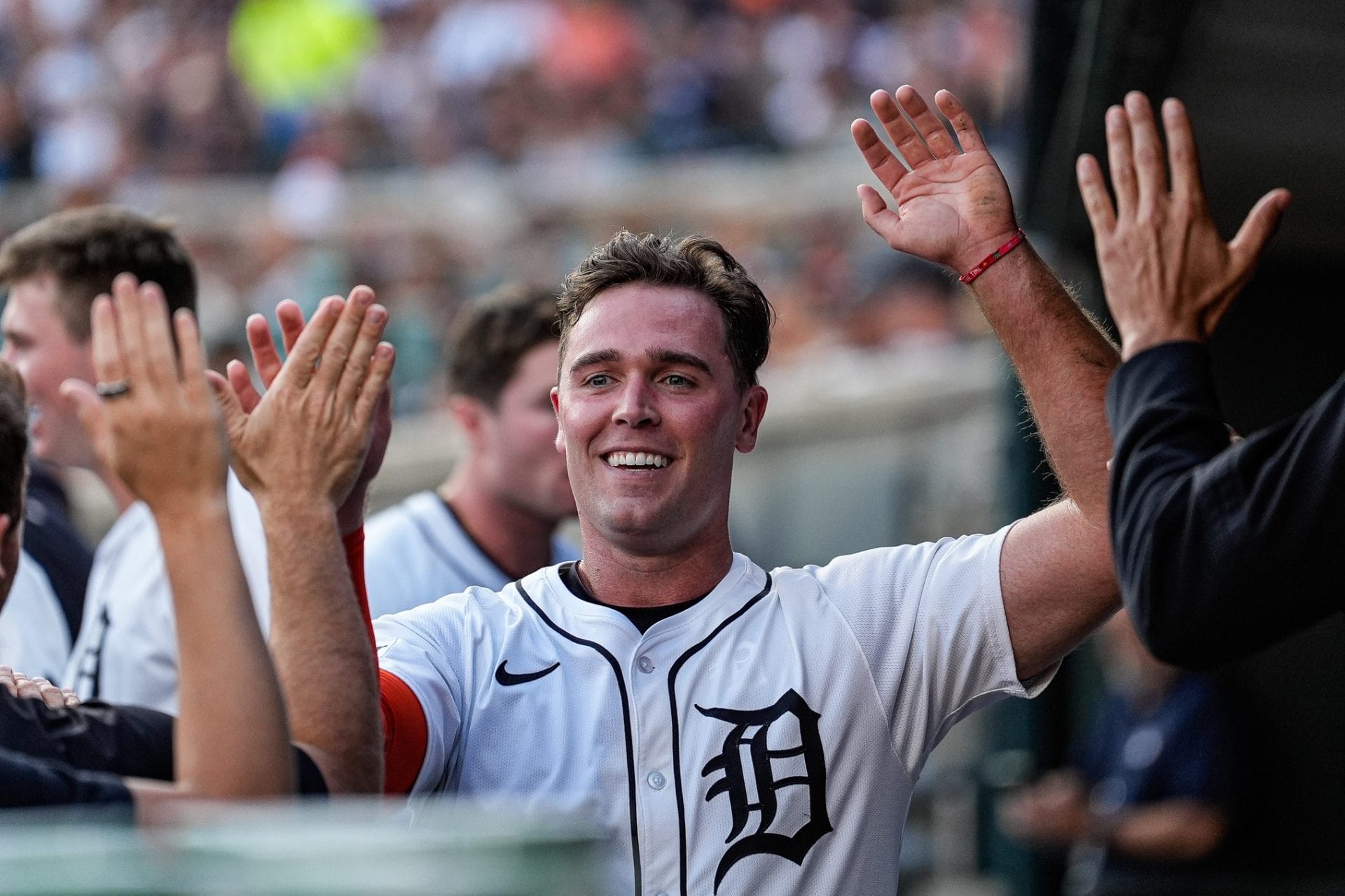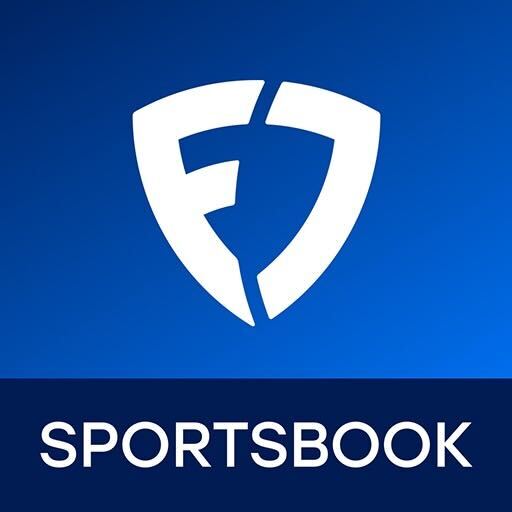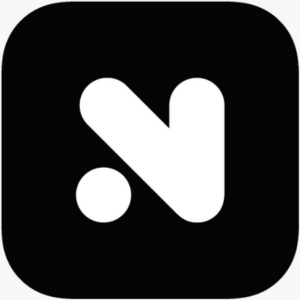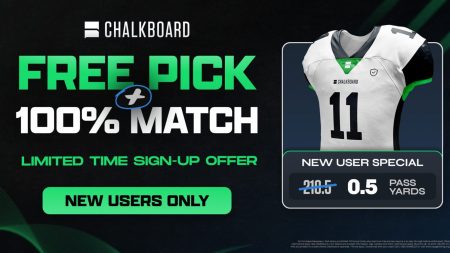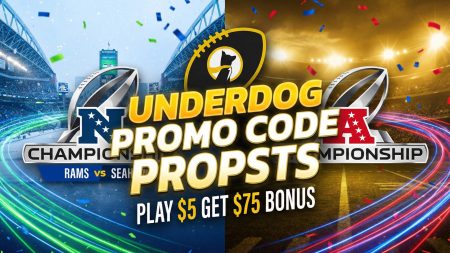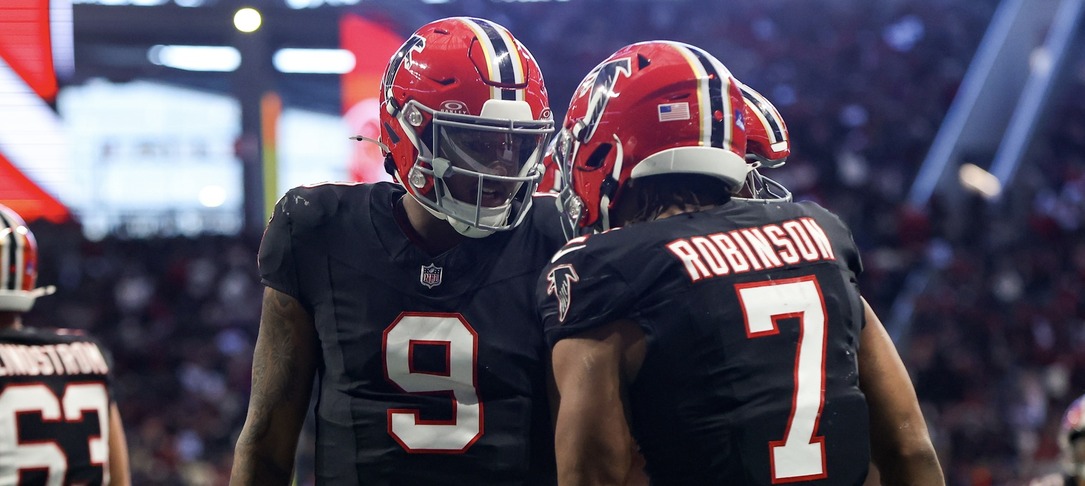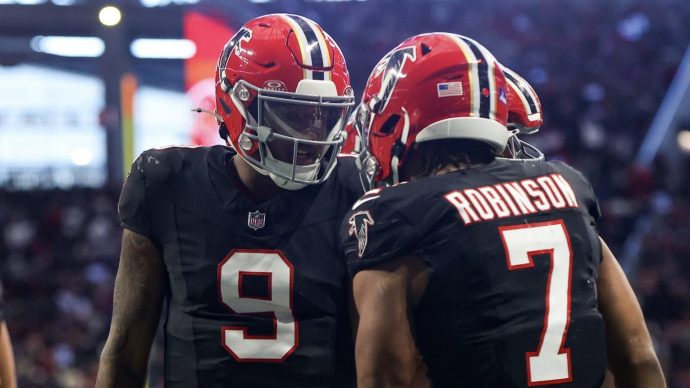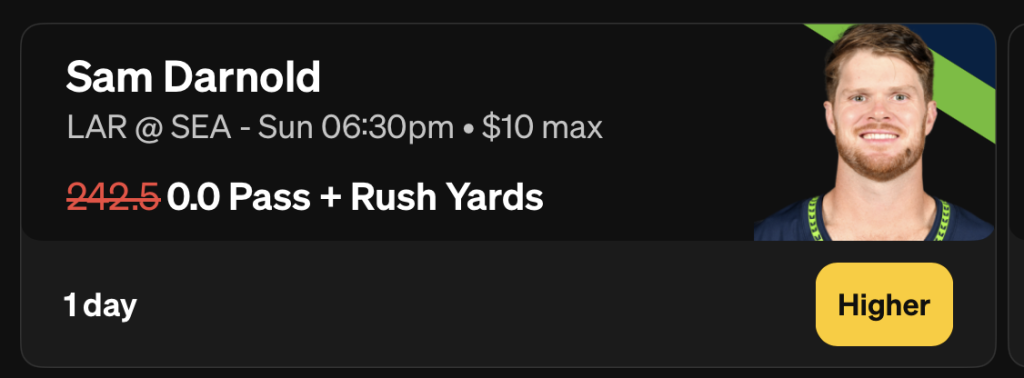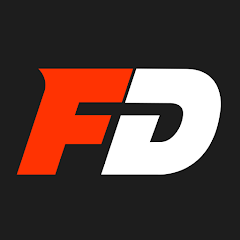What’s better than watching a moonshot home run? Watching a slugger blast that ball into orbit and winning cash along the way!
Below you’ll find our best home run props for today, carefully chosen by our experts for value, matchup strength, and payout potential, along with odds-based favorites, and team and game-level HR props.
Similar to our NRFI and strikeout props, these picks are updated daily, so be sure to check back tomorrow for a fresh batch of bets.
Whether you’re after value plays, top sluggers, or strategy tips, everything you need to make smarter home run bets is right here.
Best DFS Apps in Kentucky

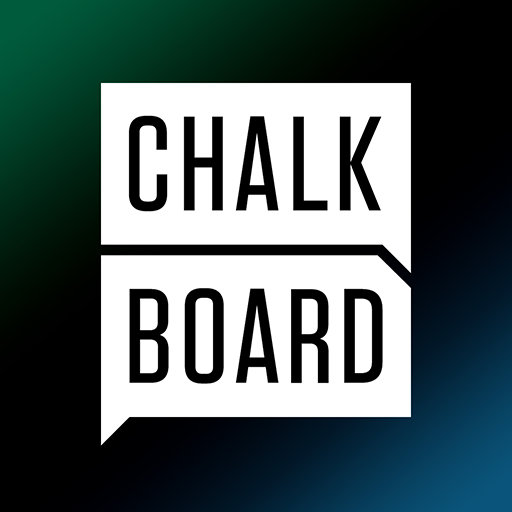
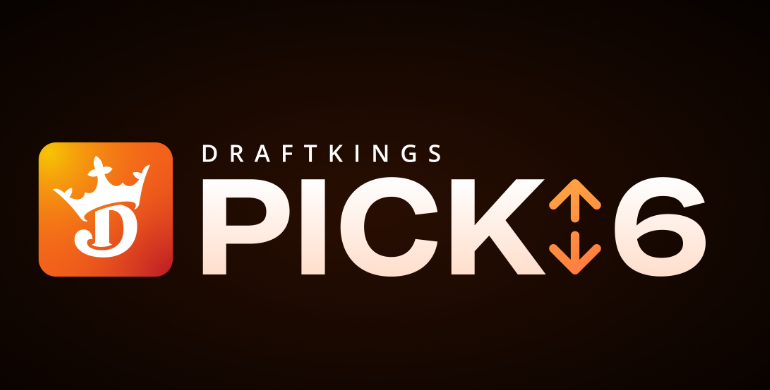
Best Home Run Player Props Today: Friday, October 10
These are the best home run prop bets today, according to our daily research. Each pick offers value and is backed by expert analysis and up-to-date stats to give you an edge. We highlight hitters with the right matchup, form, and power to go long, so you can bet with more confidence.
Editor’s Note: Follow our MLB news hub for more FREE expert picks, props, and analysis throughout the entire 2025 season!
Kerry Carpenter More Than 0.5 Home Runs
It doesn’t get much better than this for sports fans. Win or go home. Do or die. One game for all the marbles. The winner of Game 5 between the Mariners and Tigers will advance to face the Blue Jays in the ALCS. The loser will have to settle for an earlier vacation than they’d like.
The Tigers are the road team in this contest, but they have the edge on the bump. They’ll send Tarik Skubal to the mound, who is arguably the best pitcher in baseball.
He’s been absolute nails through his first two postseason appearances this season, racking up 14.11 strikeouts per nine innings with a 1.84 ERA. However, the Tigers did lose with Skubal on the bump in Game 2, with their offense failing to get on the scoreboard until the eighth inning.
The Tigers will hope to get off to a better start in Game 5 against right-hander George Kirby. Kirby is a good pitcher, but he’s not in the same weight class as Skubal.
He pitched to a 4.21 ERA during the regular season, and he allowed 1.07 homers per nine innings. He allowed two runs over five innings of work in his first start this postseason, with both runs coming from a Carpenter homer.
Carpenter has blossomed into a righty-killer over the past few seasons. He was absolutely dominant in that split in 2024, posting a 175 wRC+ and .326 ISO. He wasn’t quite that productive in 2025, but he did finish with 23 homers in 373 at-bats against traditional pitchers.
Carpenter also has a ridiculous track record against Kirby. He’s 5-11 against him for his career, and all five of those hits have been homers. It’s hard to look past that level of production.
Where to play: Kerry Carpenter More Than 0.5 Home Runs | 3.86x at Sleeper
Jorge Polanco More Than 0.5 Home Runs
While the Mariners are going to have their hands full on Friday, it’s not impossible to get past Skubal. Seattle managed to take him deep twice in Game 2 of this series, with both homers coming off the bat of Polanco.
Polanco is coming off the best regular season of his career. He posted a career-best 134 wRC+, and he added 26 homers in 471 at-bats.
His underlying metrics suggest that his production wasn’t fluky, as all his batted-ball metrics grade out as above-average. Ultimately, his .472 xSLG put him in the 71st percentile and was in line with his actual mark (.495).
Polanco is a switch-hitter, and he fared well against southpaws during the regular season. He batted above .300 in that split, and he had a 153 wRC+ with a .238 ISO. That made him one of the Mariners’ most productive hitters against left-handers.
Polanco has a lot of previous experience against Skubal, logging 29 at-bats against him for his career. He had just one previous homer before his Game 2 eruption, but he’s still managed a very respectable .310 batting average and .966 OPS.
At a minimum, he shouldn’t be overwhelmed in this matchup, which is more than you can say about most batters vs. Skubal.
Where to play: Jorge Polanco More Than 0.5 Home Runs | Betr Picks

Five Players With the Shortest Odds
- Cal Raleigh (+339; DraftKings): Raleigh is clearly the most dangerous hitter in this contest. He launched 60 homers during the regular season, setting new records for catchers, switch-hitters, and Mariners in a single year. He has one homer during the postseason, and he has a homer for his career vs. Skubal.
- Kerry Carpenter (+425; BetMGM): See above.
- Riley Greene (+540; DraftKings): Greene is arguably the Tigers’ best all-around player, and he’s coming off a career-high 36 homers during the regular season. 32 of those homers came against righties, so he’s a clear threat vs. Kirby.
- Spencer Torkelson (+573; DraftKings): Torkelson was once considered the No. 1 prospect in baseball. While he’s failed to live up to those expectations, he did bounce back in 2025 after a disastrous 2024 season. He launched 31 homers with a 118 wRC+, though he’s still looking for his first homer of the postseason.
- Eugenio Suarez (+578; DraftKings): Suarez was acquired by the Mariners to bolster their lineup, and he has as much raw power as just about anyone in baseball. He ranks in just the fifth percentile for strikeout rate, but when he makes contact, the ball can go a really long way. He had 49 homers during the regular season, and he has one homer in this series.
Top Team Target: Detroit Tigers
We obviously don’t have a ton of choices here, so I’ll go with the team not facing Skubal. The Tigers are listed as road favorites in Game 5, giving them a slight edge in terms of implied team total. Their matchup is still not easy, but they’re the lesser of two evils.
Worst Team Target: Seattle Mariners
Despite the Mariners getting to Skubal for two runs in Game 2, he still pretty thoroughly dominated. He allowed just five hits across seven innings, adding nine strikeouts to just one walk. His other postseason start vs. the Guardians was even better: 7.2 innings, three hits, one run, 14 strikeouts. I wish the Mariners the best of luck.
If you’re not in a state with legal sports betting, don’t sweat it – the top legal DFS apps offer extensive menus of fantasy props, which play very similar to prop bets at online sportsbooks. Check out our overview of the best DFS apps for MLB.
Where to place home run prop bets
You’ve got three solid ways to bet on MLB prop bets: sportsbooks, fantasy pick’em apps, and sweepstakes sites. Sportsbooks offer real-money betting. DFS apps like Underdog let you build pick’em slips. And sweepstakes sites let you play for prizes, even in states without legal sportsbooks. Here are our favorite sites along with the best sportsbook promos you can take advantage of with your MLB betting.
Legal sportsbooks
Disclaimer: Must be 21+. Gambling Problem? Call 1-800-GAMBLER
FanDuel, BetMGM, and Caesars all offer daily MLB player props for home runs during the MLB season. You can bet on a player to hit a homer, parlay props together, or choose team-based home run bets.
If you’re in a legal betting state, these books are your best bet for high limits, extensive betting options, and fast payouts.
DFS pick’em apps
Underdog and Sleeper let you pick players to go over or under home run lines. It works just like prop betting, but it’s legal in more states, thanks to fantasy rules.
You pick two or more players. If all your picks hit, your payout multiplies. It’s quick, simple, and legal in places where sportsbooks aren’t.
You can also check out:

Sweepstakes sites
Thrillzz, Novig, and Fliff are legal in most U.S. states. You use virtual currency instead of cash, then play games that look and feel like real prop betting.
They’re free to try, and you can win real cash prizes through sweepstakes systems. These are great if you’re in a state without legal sportsbooks or DFS pick’em access.
MLB Prediction Market Sites
Kalshi is the first fully regulated prediction market in the United States dedicated solely to trading on the outcome of future events.
Interested in trying it out? Click the banner below!
Home run prop bet types, odds & win conditions
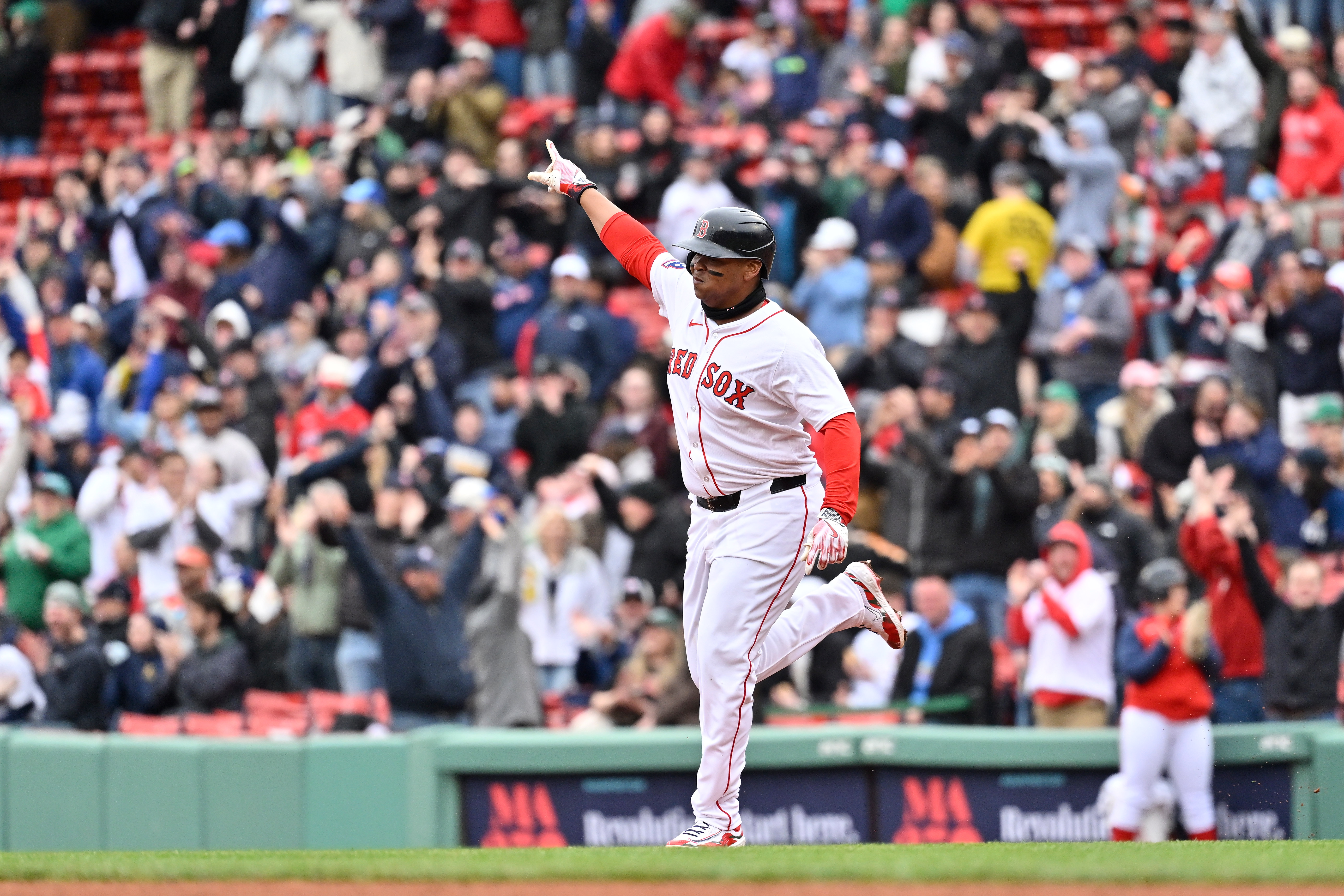
You’ve seen our expert picks for the best home run props today, and now know where to place your bets. Next, we’ll show you the different types of HR props available, different ways to bet on home runs, the stats that matter, and how to spot value when building your HQ betting strategy.
We’ll start with a concise overview table, then dig into the fine print.
| Bet Type | Description | Typical Odds | Key Influencing Factors | Win Conditions | Loss Conditions |
|---|---|---|---|---|---|
| Player to Hit a Home Run | Will a specific player hit at least one home run? | Plus money (+150 to +700+) | Batter stats, pitcher stats, ballpark, weather, matchup history, recent form | Player hits one or more home runs. | Player does not hit a home run. |
| First Player to Hit a Home Run | Which specific player will hit the first home run of the game? | Higher plus money than “Player to Hit a Home Run” | All of the above, plus batting order, early-game pitcher tendencies | Selected player hits the first home run of the game. | Another player hits the first home run, or no home runs are hit. |
| Player to Hit Multiple Home Runs | Will a specific player hit two or more home runs in the game? | Very high plus money (+1000+) | All of the above, plus player’s current power surge, multi-homer history | Player hits two or more home runs. | Player hits zero or one home run. |
| Total Home Runs in a Game (Over/Under) | Will the total home runs by both teams be over or under a set number? | Around -110 for both over and under | Pitching quality of both teams, ballpark home run factor, weather conditions, overall offensive power of both teams | Total home runs are over or under the predicted number. | Total home runs are on the opposite side of the predicted number. |
| Will Any Player on a Team Hit a Home Run? | Will at least one player from a specific team hit a home run? | Varies, can be plus or minus money | Team’s overall power, opposing pitcher’s HR/9, ballpark, weather | At least one player on the team hits a home run. | No players on the team hit a home run. |
| Which Team Will Hit More Home Runs? | Which of the two teams in the game will hit more home runs? | Varies depending on team power and pitching matchups | Overall power of each team, opposing pitchers’ tendencies, ballpark, weather | Selected team hits more home runs than the opponent. | Opponent hits more home runs, or a tie occurs (check sportsbook rules for ties). |
| First Team to Hit a Home Run | Which of the two teams will be the first to hit a home run in the game? | Varies, often favors the team batting first or with early power in the lineup | Strength of the top of each team’s lineup, starting pitchers’ early tendencies, which team bats first | Selected team hits the first home run of the game. | Other team hits the first home run, or no home runs are hit. |
Types of player-based home run props explained
Home run player prop bets let you bet on specific players hitting home runs in a game. These props fall into three main types: betting on a player to hit at least one home run, betting on who hits the first home run of the game, and betting on a player to hit multiple home runs. Each bet type works differently, but they all depend on power, matchups, and opportunity.
Single player to hit a home run
This is the most popular home run prop. You’re betting on a specific player to hit at least one home run during the game. If they clear the fences at any point, including extra innings, then you win. If they don’t, you lose.
Odds are typically listed as “Player to hit a Home Run: Yes,” with no “No” option offered because it would be heavily favored.
A slugger like Kyle Schwarber might be listed at +180 to +250, while a less frequent power hitter like Nico Hoerner could be +700 or more. A winning $100 bet on Schwarber at +250 returns a $250 profit.
First player to hit a home run
This bet is tougher and riskier. You’re picking the first player to hit a home run in the entire game. It doesn’t matter which team they play for. If anyone else homers first, your bet loses, even if your player hits a HR later.
Payouts are higher because it’s harder to hit. Odds for a first home run can be +800 or more. A $50 bet at +800 returns a $400 profit.
Player to hit multiple home runs
This is a longshot bet with a big upside. You’re betting that a player hits two or more home runs in a single game. These props usually appear as “Player to hit 2+ HR” and can carry odds from +1000 to +5000 or higher.
You win if the player hits at least two homers. You lose if they hit zero or one. And a single homer won’t cut it.
Imagine placing a $20 bet on Vladimir Guerrero Jr. at +1200 in a matchup against a thin Colorado Rockies rotation in Coors Field. If he hits one in the 2nd inning and another in the 6th, you win $240 profit. But if he only hits one, the bet loses.
Or, say you bet Matt Chapman will hit 2+ HR at +1500, and he crushes one early but fails to get another, then it’s still a loss.
These bets rarely cash because even big-name sluggers only have a handful of multi-homer games each year. So these bets are best used for fun or when the numbers really line up.
Team and game-based home run prop types explained
You can bet on home runs in baseball beyond individual players with prop bets that focus on what happens at the team or game level. You can wager on total homers, compare two teams, or predict which team hits one first.
We’ll start by looking at the over/under of total home runs in a game.
Total home runs in a game (over/under)
This bet is about how many total home runs both teams hit in a single game. The sportsbook sets a line, usually a half number like 2.5, and you pick if the actual total will be over or under.
If you bet the over, you’re saying there will be 3 or more homers. The under wins with 2 or fewer. If the line is a whole number and exactly that many homers happen, it’s usually a push, and your bet is refunded.
Odds typically hover around -110 but can move based on betting trends. Extra innings count unless your book says otherwise.
Will any player on a team hit a home run?
This bet asks a simple question: Will at least one player on a specific team hit a home run? Odds reflect how likely that is.
For a power team facing a weak pitcher, “Yes” might be -200. For a weaker team in a pitcher’s park, “No” might be +160.
This prop is really a team-specific over/under at 0.5 home runs.
Even strong teams can go homerless, especially if their big slugger gets shut down. Meanwhile, a team with modest hitters might sneak one out.
You win if you bet ‘yes’ and anyone on the team hits a homer, or you win if you bet ‘no’ and the team doesn’t homer at all. Extra innings count, and the result is a binary 0 vs. 1 or more.
Which team will hit more home runs?
This prop is a simple head-to-head game in which you bet on which team will hit more home runs in a game.
There are two formats:
- 3-way line: Team A, Team B, or Tie
- 2-way line: Team A or Team B; a tie means a push/refund
Odds vary based on lineup strength and pitching matchups.
Quite simply, you win if your team hits more homers, and you lose if the other team does. A tie either refunds your bet or loses the bet, depending on how the bet was set up.
First team to hit a home run
This prop is a race, betting on which team will hit the first home run in the game? Sometimes, there’s a third option for No HR, but often, it’s just Team A vs. Team B.
If no home runs happen, the bet is either voided or refunded unless you specifically bet on No HR.
This bet can be settled early because if one team hits a homer before the other, that’s it. If both hit in the same inning, the first to do it by time wins.
Parlay and combo home run props explained
Parlay and combo home run props link two or more picks into one bet. You only win if every leg hits.
Say you bet Matt Olson to hit a home run and the Braves to win, then both must happen for you to win. If Olson homers but Atlanta loses, the whole bet loses. The odds from each leg are multiplied, so payouts are higher, but the risk is too.
You can pair player props across different games, like Olson to homer in one and Mookie Betts in another. Or you can tie a home run to a team result in a same-game parlay. Some sportsbooks boost these bets, but they may restrict combinations that are too closely tied. For example, a player homering often helps his team win, but both parts must still hit.
Live or in-game home run props explained
Live props let you place bets during a game, when the play is actually in progress and the game is in live action. Provided odds update based on the action in the game.
You might see markets like “Will there be a home run in the 7th inning?” or “Next player to homer.” You’re reacting to real-time info here, making bets based on who’s batting, who’s pitching, the weather, the score, and how players seem to be performing live in the here and now.
Important terms and conditions for HR props
Every sportsbook has its own rules for home run props, and knowing these is essential to prevent any surprises affecting won or lost bets, or pushes and refunds:
- Player must play: If your player doesn’t start or bat, your bet is refunded. Some books count pinch-hit appearances as official plate appearances, while others require the player to start. If the player is ejected before batting, most books void the bet, but always check your sportsbook’s rules.
- Pitching changes: HR props stay live even if the starting pitcher changes last-minute.
- Game completion and weather: A game must go at least 8.5 or 9 innings to count. If it’s postponed or ends early, due to weather or any other reason, bets are usually void unless the outcome already happened.
- Extra innings count: Unless stated otherwise, home runs in extras count just like early-inning ones.
- Lineup changes: If your player starts and then exits, the bet still stands. For team-based props, a late scratch doesn’t affect your wager.
- Parlay rules: If one leg of a multi-game parlay is void (e.g., a scratched player), that leg is dropped. In same-game parlays, many sportsbooks void the entire bet if one leg is removed due to correlation issues.
- Settlement and stat corrections: Bets usually pay out after the game ends. If a stat is changed later (rare), books might adjust results, but most treat the end-of-game result as final and ignore any post-game changes.
The golden rule is to check your book’s rules before betting. Confirm lineups, understand void policies, and avoid betting before you know who’s playing. If anything unusual happens, like a delay or a lineup change, read the fine print or ask support before assuming your bet is live.
Final thoughts
Betting on home run props can make the game more fun. You start watching at-bats more closely, checking matchups, and paying attention to things like park size, weather, and pitcher tendencies. It gives you a reason to dig into stats, learn more about different players, and stay engaged all game long, even if your team isn’t playing. The research becomes part of the fun, and when your picks win, it’s even better.

